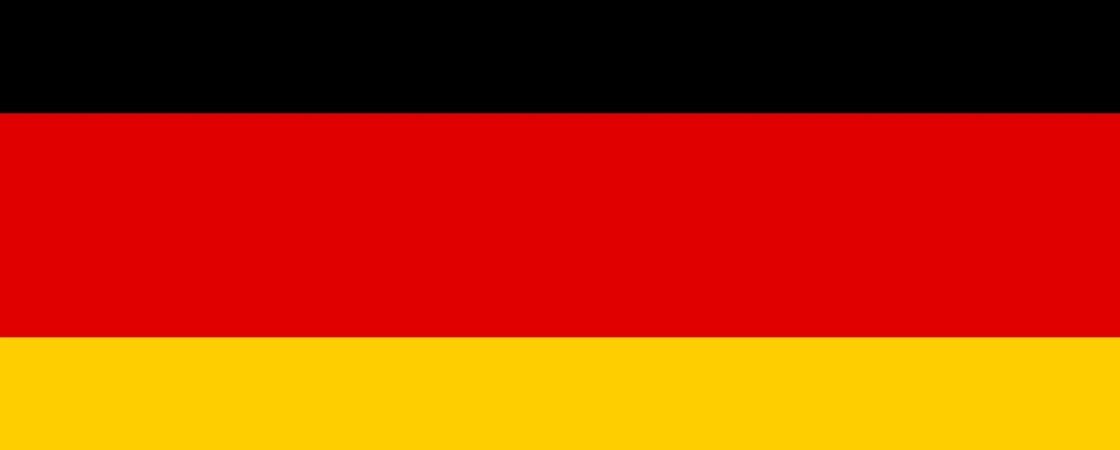The statistics shows the name Mohammed has been ranked as the most popular baby boy name in Berlin for 2024.This milestone speaks volumes about the city’s evolving demographics, cultural diversity and how migration patterns shape modern Germany.
Mohammed is a name deeply steeped in religious and cultural meaning referring to the great prophet Muhammad in Islam and being one of the most popular given names to boys across the globe in many of its Muslim communities.
The name made it to the top of the baby name list in Berlin a reflection of a trend that had been in the making for some years a rising population of families with Muslim backgrounds.
This change however, is more than just a naming trend in Berlin, a metropolis that is all about openness and diversity it’s an indicator of what the city has grown into multicultural.
Mohammed, for the first time, overtook traditional German names such as Maximilian, Alexander and Elias, according to Berlin’s statistics for 2024. The findings reflect a broader national trend whereby non German origin names have climbed steadily up the rankings of popularity over recent years particularly in large cities such as Berlin, Hamburg and Frankfurt.
This development corresponds to the demographic changes of Germany, driven by migration waves over the last few decades. Families from Turkey, Syria, Iraq and other so called Muslim countries have given quite a face to this cultural and demographic shift.
Long a magnet for immigrants, Berlin easily counts as one of the most multicultural cities in Europe: from guest worker programs of the post-World War II era to the more recent influx of refugees, especially during the 2015 migration crisis, Berlin has embraced its role as a hub for people from diverse cultural and religious backgrounds.
Today, nearly a third of Berlin’s residents have a migration background. Of these, a large number identifies as Muslim, which makes Islam the second most important religion in the city after Christianity. The popularity of the name Mohammed is a reflection of this demographic reality.
Mohammed’s rise to be Berlin’s most popular baby boy name raises talks about integration, representation, and Germany’s changed face. This, to supporters of multiculturalism, reflects how open and receptive German society has been. According to them, this phenomenon Top of the list names like Mohammed reflects increased tolerance of diversified cultural identities within the German framework.
This, however, is not to everyone’s liking. Those critics who believe in the erosion of traditional German culture see this development as an omen of cultural dilution. The integration debate and struggle over cultural identity remain very heated topics in German politics and have been used to rally far right support time after time.
The naming trend of Berlin reflects parallel changes in the most important cities of the world: Mohammed has already been among the most popular names for newborn boys several times in London, Oslo, and Amsterdam. A naming trend that underlines the characteristic mobility of people and cultures that marks the 21st century.
In many ways, the name Mohammed, among others has become the face of globalization, standing for connectedness between communities across borders.
Names are a question of meaning, heritage and aspiration. For many Muslim families, naming a child Mohammed is not only a nod to religious and cultural tradition but also a wish for their child to embody the virtues associated with the Prophet Muhammad kindness, integrity and wisdom.
In Berlin too the rise of the name Mohammed speaks volumes for the openness of the city and its ability to grow with its residents. This reflects the aspirations of families seeking a better future and a sense of belonging in their adopted homeland.
The rise of Mohammed as the most popular boys name for babies in Berlin in 2024 is more other than a statistic it’s a story of diversity and migration, of cultural exchange. It is a reflection of Berlin as a city that keeps embracing its role as a melting pot of cultures and identities.
While the trend might understandably provoke mixed reactions, it unmistakably underlines the dynamic and ever-changing nature of Berlin’s population. In times when Germany has to address questions concerning identity and integration, stories like this remind one of the country’s complex yet vibrant fabric.
Mohammed Becomes Berlin’s Most Popular Baby Boy Name in 2024: A Reflection of Changing Demographics



